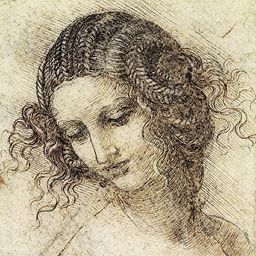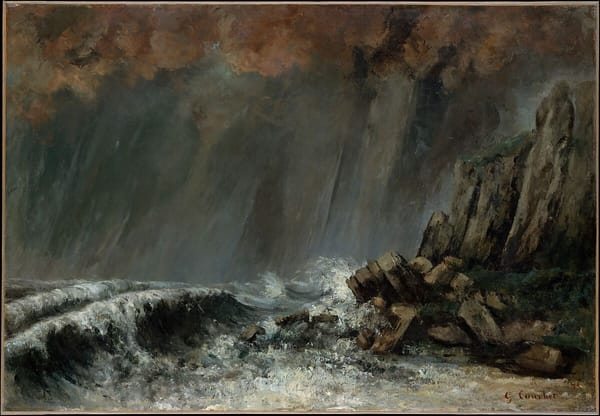Issue 47: How to Find Your Muse in Museums
A museum doesn't have to be a mausoleum
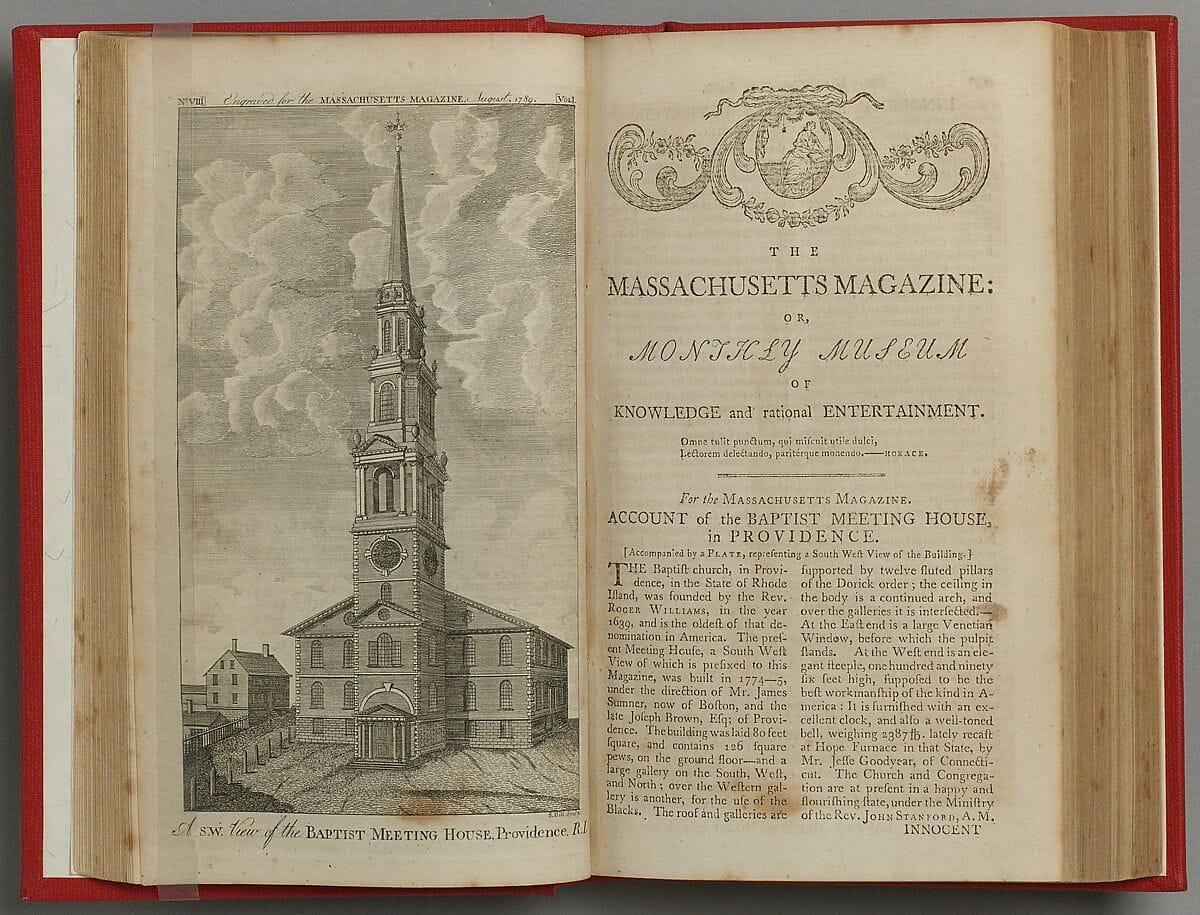
Dear Reader,
Food For Thought
Every time I go to a museum, I try to sign up for a tour or, at the very least, obtain an audio guide from the front desk. Much like an ayahuasca trip requiring a shaman, a guide is a critical element to a successful day trip to any museum – perhaps the critical element. This is because engaging fully with a museum is a unique challenge that we don't often face in the domain of the "real world". In a museum you are dealing with multiple dimensions of constraints – constraints that often conflict with one another.
These constraints include:
- Whitespace of the walls and windows, intentionally placed by the curators, creating a crowded or empty atmosphere that you are dropped into at random (design)
- Multiple pieces in your eye line will call out to your sensibilities, drawing you in to spend your limited time with them over their peers. This is then compounded by the galleries within the museum competing with one another (marketing)
- Thick panes of glass and stilted breaths of fellow museum-goers, creating an air of consistent fragility and caution throughout the building (discomfort)
- Art from the dead does not talk, without being lent a voice (mortality)
- Competition with fellow museum-goers to appreciate deeply without pausing, to talk while remaining silent, to walk languidly while moving briskly (rivalry)
- Being stripped from five usable senses: smell, sight, hearing, touch, taste in the real world – to just one: sight (limitation)
Without a guide, the museum is a frenetic draw from color to color, from crowd to crowd, from fleeting desire to new flame – all while in the background we compete with ourselves and one another to understand the culture, to engage while remaining passive.
The feeling of wandering aimlessly through a museum is similar to the pull of a library bookshelf, as described by Vilém Flusser:
...the wall of the library is different and functions differently. The spines of the books, lined up beside one another and over one another, form a secondary wall, positioned in front of the actual wall. Between the spines of the books and the actual wall is a zone of paper, where, in consideration of the reflections just undertaken here, numerous arms are trying to take hold of us. They can only do this if we ourselves stretch out an arm in their direction, pull a spine out from the wall, and turn the book around, to allow ourselves to be taken in by it.
-- Does Writing Have a Future? (Electronic Mediations Book 33) (affiliate link)
A guide changes this dynamic.
A guide forces you to slow down, to consider the piece in front of you as not just a visual spectacle to try to grapple with, but as a historical moment, actively leading you to new questions and associations that you may not have even known you had.
By simply adding context to the pieces that occupy the walls, the problems of design, mortality, and limitation fade away instantly. Museum curators and historical archivists are artists too, after all, and artists love to talk about their work (or at least, to justify their choices). Guides give them that chance.
As for discomfort and rivalry, by deepening your relationship with the museum itself, you'll begin to see that the museum is not, in fact, a mausoleum, but a garden of human artistry. This will make each trip become less about conforming to the flow of others, and more about following a solitudinous pace where you get to learn the most you possibly can, to take the most of the art you can home with you, in your memories. Engaging with time in space, this is what a museum does for its patrons.
the museum is not, in fact, a mausoleum, but a garden of human artistry
Learning to museum correctly is a valuable skill, since each city across the world will have its own art and history to explore. If you wish to truly be a global native as you travel, make it a priority to visit a city's museum.
And grab a guide, if you can.
What if the real world had the intention of museums? What if there was a museum you could touch? What if we could rediscover the beauty and historical significance of the places we move through every day? That we live in every day?
But...we don't live in a museum. Right? Next week, we will tackle the idea of how the real world can be a museum...if we bring a guide.

Ye Olde Newsstand - Weekly Updates
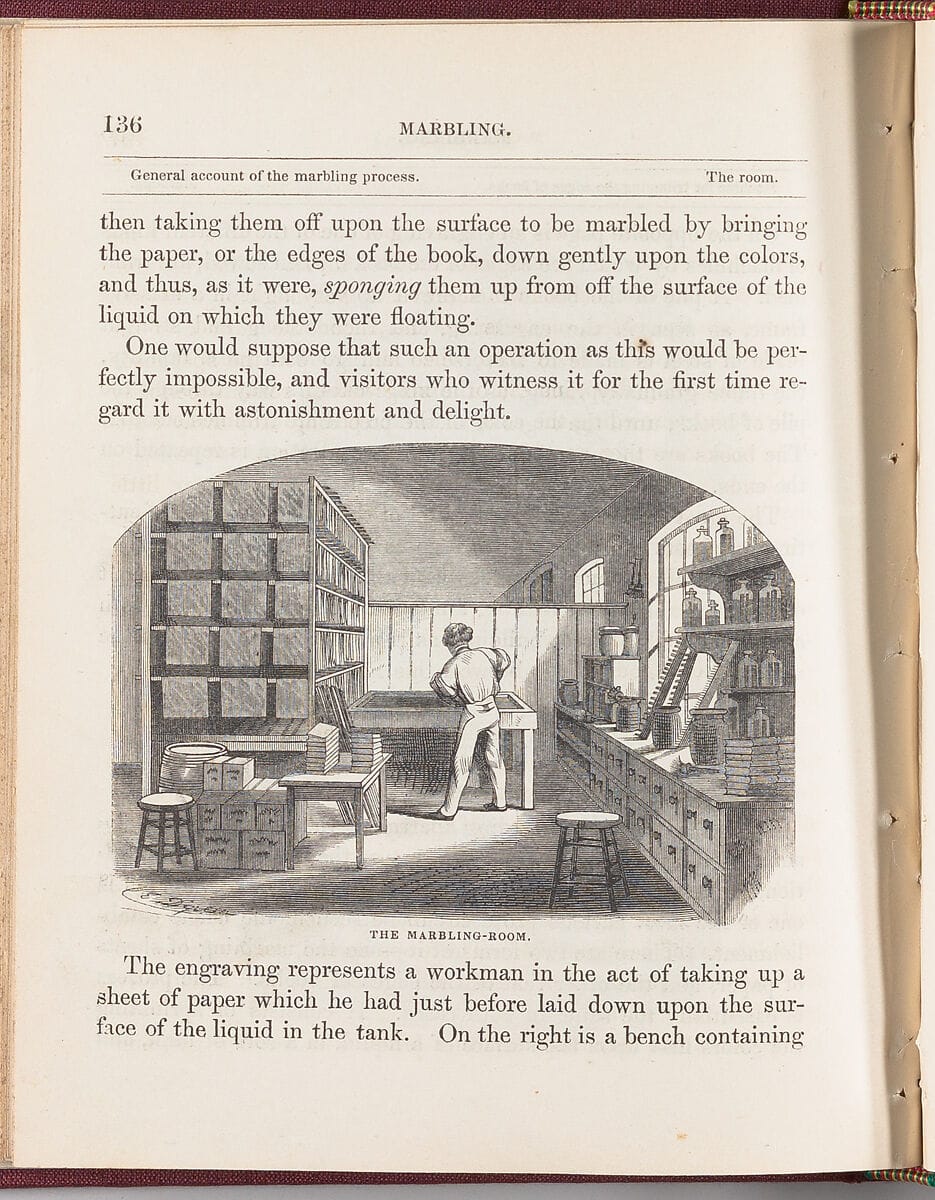
I've finally gotten around to writing/recording book reviews for some of the books I finished so far this year.
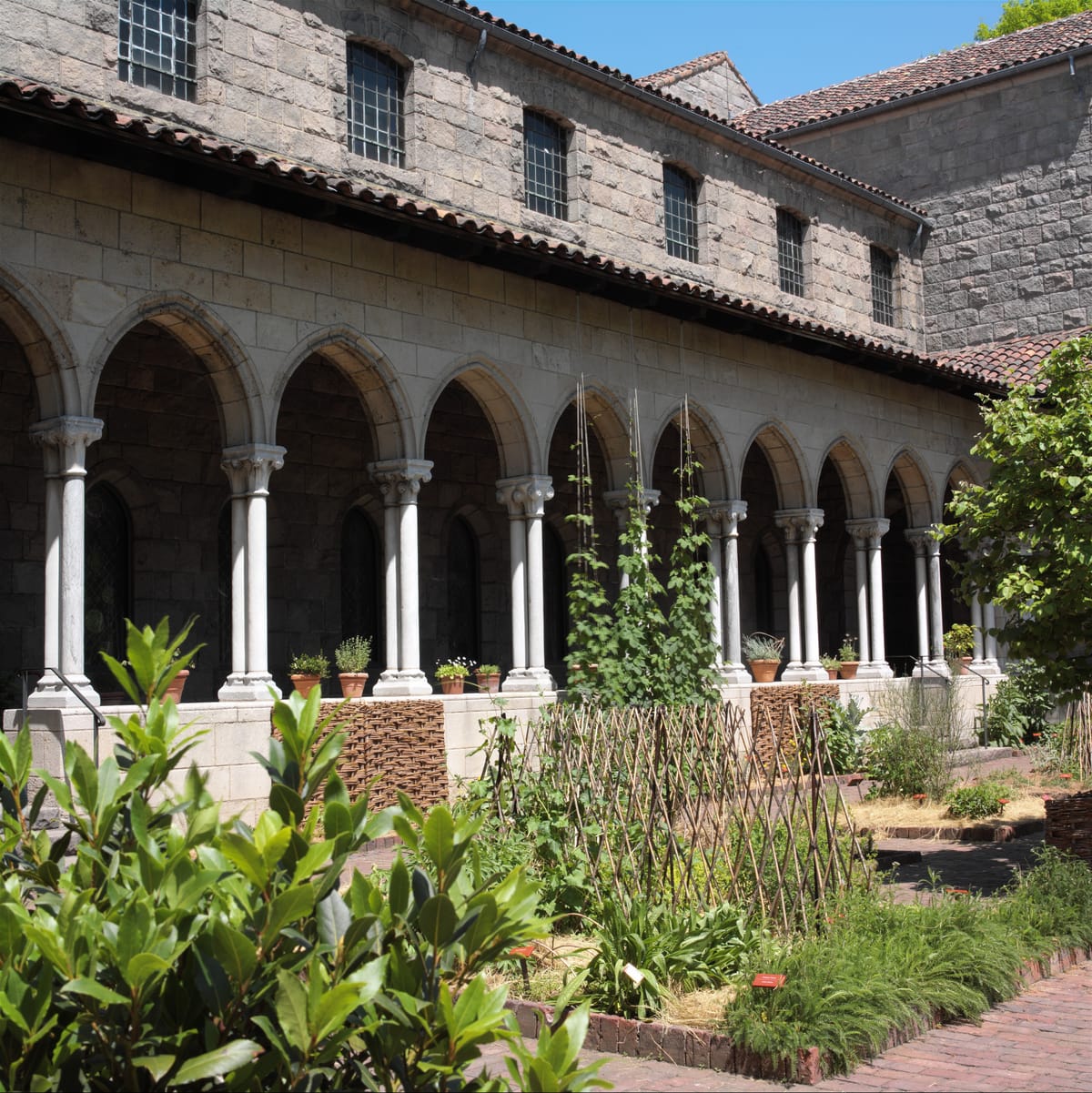
The media dump includes some banger songs this week.
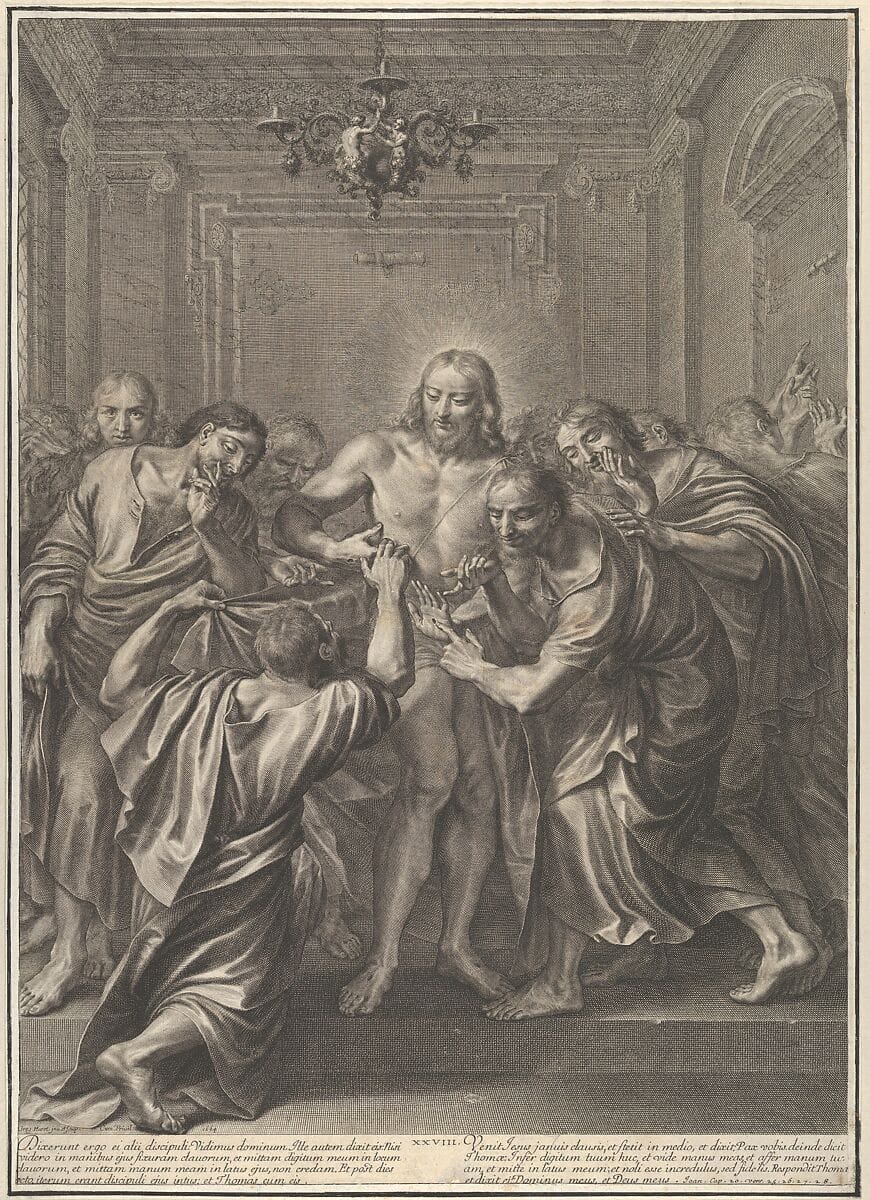
I look forward to a world where ChatGPT can have full embedded links in chats. Tiny little web browsers. For now, this will have to do.
On My Nightstand - What I'm Reading
Artists who never break through, the data tells us, tend to present their work to the same few places over and over again. The artists who make it big, in contrast, present to a far wider set of places, allowing themselves to stumble upon a big break.
-- Don't Trust Your Gut: Using Data to Get What You Really Want in LIfe (affiliate link)
For artists starting at the periphery, success was largely local and painfully incremental. Why did our predictions work so well? Precisely because performance in art can’t be measured. Since there is no way of establishing that any work of art is truly better than another, the network takes over, establishing value. In a way, that aptly reflects our premise in chapter 1: Success depends not on you or your performance but on us. The network is what carries the collective response to your performance.
-- The Formula: The Universal Laws of Success (affiliate link)
Art is high-quality endeavor. That is all that really needs to be said. Or, if something more high-sounding is demanded: Art is the Godhead as revealed in the works of man.
-- Zen and the Art of Motorcycle Maintenance: An Inquiry Into Values (affiliate link)
“Aesthetic genius,” Wit said, “invention, acumen, creativity. Noble ideals indeed. Most men would pick one of those, if given the choice, and name them the greatest of talents.” He plucked a string. “What beautiful liars we are.” The guards glanced at each other; the torches burning in brackets on the wall painted them with orange light. “You think I’m a cynic,” Wit said. “You think I’m going to tell you that men claim to value these ideals, but secretly prefer base talents. The ability to gather coin or to charm women. Well, I am a cynic, but in this case, I actually think those scholars were honest. Their answers speak for the souls of men. In our hearts, we want to believe in—and would choose—great accomplishment and virtue. That’s why our lies, particularly to ourselves, are so beautiful.”
-- The Way of Kings (The Stormlight Archive, Book 1) (affiliate link)
i did not train you to be a demon or a human. i showed you how to be an artist. to be an artist is to do one thing only...look at me... cannot fight, or weave, or farm. i make swords. i cook for strength to make good swords. i study the sutras to cleanse my heart to make good swords.
you think revenge is an art?
swords, pots, noodles, death. it is all the same to an artist.
then i am a bad artist.
an artist gives all they have to the art, the whole. your strengths and deficiencies, your loves and shames. perhaps the people you collected...i made my best blades when i had an apprentice.
i thought i annoyed you.
both are true. there may be a demon inside you, but there is more. if you do not invite the whole, the demon takes two chairs, and your art will suffer.
then what do i do?
i only know how to make swords. each morning, i start a fire. and begin again.
-- swordfather + mizu, blue eye samuri, episode 7
Thanks for reading, and see you next Sunday!
ars longa, vita brevis,
Bram


